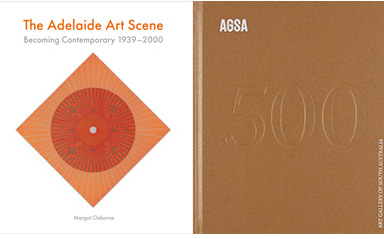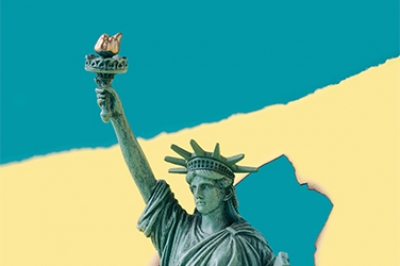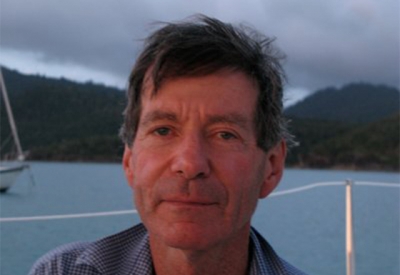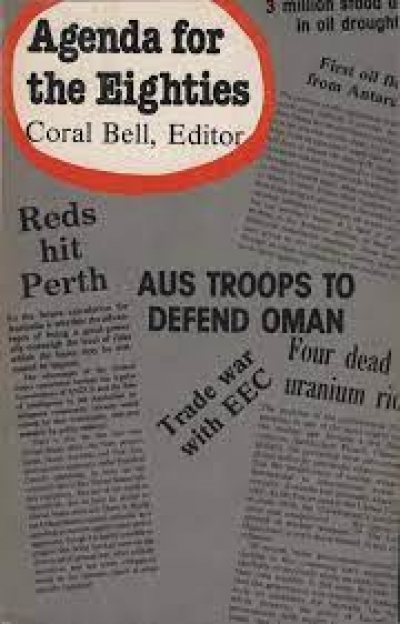I worked for a while with the second cousin of an acquaintance of the notorious Minean nationalist poet, Honoré Tutkanen, whose book The Overall Underling had done little, my colleague and I agreed, to advance sympathy for the pig breeder. This colleague, a lecturer in the faculty of business and law, had initiated an ambivalent friendship with me when he connected the name on my pigeon-hole with a controversial sonnet on the Ugrilian practice of bovine circumcision, which I had been fortunate to have published in Moth, a journal widely regarded in an especially small circle.
On the few occasions I saw this colleague during my eleven years working as a casual tutor in professional writing, while I was undertaking my PhD, he regularly referred to a peculiarly sensitive tome written by the little-known Cronkian anthropologist Zed Roānkin, who had moonlighted in his time as a dog-sled driver. Roānkin’s book was about an extinct people, whose winters were spent under the oneiric flashes of the northern lights, and whose customs and language were distinguished by a charming mixture of bluntness and ambiguity. Their theory of poetry, my colleague in business and law promised, would be of interest to me.
One day, at the halting start of an academic year, I discovered the book – a well-preserved, handwritten, ten-page, stapled, A5 pamphlet – in my pigeon-hole, along with a note from my former colleague, who wrote that he had retired to dedicate his life to the Morgonites, rumoured by some to be a ruthless organisation. My old colleague, as the Post-It note revealed, had come across Zed Roānkin’s book while cleaning out the bottom drawer of a filing cabinet, filled with reams of notes taken at various annual meetings of the faculty of business and law over his indubitably busy career.
I will not report here everything that Roānkin wrote in that excellent book, for I would be simply producing an unequal replica of a study not especially concerned with my particular field of expertise. However, of unusual interest to me, as my former colleague had predicted, was the final brief but consequential chapter on aesthetics and, within that chapter, the penultimate subsection on poetry. As a preface to my comments on these concluding parts, suffice it to say that Roānkin called the extinct northern ethnic group the Roānkins because they did not, as far as Roānkin could solicit with his limited Roānkin vocabulary, have a name for themselves. Roānkin also described the Roānkins as living in harmony with the catastrophic winters that took up an interminable part of each year of their existence until they all died.
In the chapter outlining their theory of art, Roānkin writes that the Roānkins believed that art should deal only with the superficial. More extraordinarily, Roānkin claims that the Roānkins believed art to know nothing of the abyss, although they conceded that art could certainly imagine the terrifying death to be met by one unlucky enough to fall, while being chased by a bear awakening early from its prolonged winter sleep, into an icy crevasse.
The subsection on poetry begins by demonstrating the astonishing economy – the charming bluntness and ambiguity, as my old colleague put it – of the language of the Roānkins in which single verbs can denote multiple complex activities. For instance, the verb for composing a poem and playing with one’s faeces are the same.
I must confess that at this point in my original reading – which occurred clandestinely during a class in which I had set the students an exercise defamiliarising a warthog – I did experience a certain amount of scepticism, suspecting that Roānkin, like many a scientist, might be hostile to literature and that this antagonism may have skewed the objectivity of his data. Perhaps I allowed myself, too, to question the good will of my former colleague in passing on the Roānkin treatise to me.
However, the final lines of Roānkin’s book, outlining the Roānkins’ philosophy of poetry, persuaded me that the findings of this valiant study of the vanished northern people named after its honourable investigator were true. Roānkin’s final words sung on the page as a plague of locusts granted only twenty-four hours to copulate before they die. Yes, Roānkin or the Roānkins spoke to me thus, even though, I concede, they would never have known of such creatures in the cold familiarity of their white world.
Years after that first reading of Roānkin’s sensitively worded translation of the Roānkin’s philosophy of poetry, long after I had forgotten the name of my former colleague in the faculty of business and law, I found myself, night after mysterious night, dreaming of the hairlessness of pigs and of Zed Roānkin. I had dreamt in a similarly obsessive fashion only once before: during the night-trance that led to the writing of a sequence of poems on the variegated forms of Bodeal flax and the wormy blackness of earth.
That sequence made up a large part of the creative component of my PhD thesis, eventually published by Inveigle, a small poetry press I established with the financial support of an emerging writer’s grant. I was particularly proud of the company logo, which I designed myself without assistance and which was comprised of the bold outline of the face of a man, featureless except for a large moustache, which I imagined had distinguished the visage of Zed Roānkin.
I attribute the tenure I secured subsequent to completing my PhD to the publication of my poetry manuscript – I had settled on Dabbling in the Dirt as the title for the published work – as I accredit the research leave granted afterwards to the favourable review of my chapbook posted on the blog of Liberty Quan, whose material person could be found in an unfamiliar suburb of the faraway city of Barcøl Tur. (I had used the Internet to sell copies, one of which had been purchased by that unknown but generous amateur vegetable harvester.) That research leave enabled me to pursue my recurring dream: to search for Zed Roānkin.
I chose the brief period of the northern summer for my solo recreation of Roānkin’s epic journey from his homeland to the realm once inhabited by the Roānkins, while conceding that my expedition would be less authentic for travelling in milder conditions. Having mapped a viable route, I found myself riding on the back of a mule along a gravel roadside in the uppermost province of Fermine in Cronk. My head was protected by a contraption called, I believe, a húttu-hátti by the introverted mule-rental operator, who charged me an exorbitant twenty-seven solanges for the mule and hat despite my stated interest in an eminent compatriot of his. This hat protected me not from the heat of the sun, which was surprisingly considerable, but from the swarms of mosquitoes that plagued the marshlands of the northern regions of Cronk during this time of year. The insects hovered over my faithful mule and me like a living silhouette, with the two of us granted a reprieve from the insects only when fast-moving cars stirred the air in passing.
I met not a soul on those first days travelling across the interminable marshlands. When the sun hung low and the light started to fade in a sky electric with mosquitoes, I would set up camp with my mule on the gravel of the roadsides where it was dry. The nights – such as they were in this perplexing place – lasted only hours before the region’s birds began their raucous darting through the mosquitoes. I believe that I truly began to understand the desperation and despair Roānkin must have experienced in order to realise the territory of the mythical Roānkins.
Then, mid-morning on my third day on mule-back, I arrived at the unremarkable village of Ostenich, which I estimated to be some distance further north from my starting point in the uppermost province of Fermine in Cronk. I tied my mule to a bicycle rack outside the Old Ostenich Inn, which I had seen announced by a neon sign, and upon making my entrance, advanced immediately on the only fellow in the place, an old bearded man residing at a burgundy-coloured table in a dark corner. He spoke little English, but when I showed him the pamphlet by Zed Roānkin – for I had it stowed in my shirt against my chest – and a brown ten solange bill, he became extraordinarily animated, demonstrating a thick tongue and poor habits in dental hygiene.
I cannot relate here everything that this loquacious native of Cronk said, for he spoke a language unfamiliar to me, but I can confirm that he verified that his compatriot Roānkin, precisely as I imagined, had passed this way, that he had a bushy handlebar moustache, and that he had travelled through vast expanses of snow with dogs which smelled more rankly than him. This last detail the old man communicated through a series of energetic yet simple gestures.
When my narrator, whose name I had been unable to fathom, retreated to a mirrored bar to purchase himself a refreshment – I was a teetotaller, poetry being my intoxicant – I heard a peal of laughter, and it struck me how grounded yet surprising these people were. Indeed, their paradoxical qualities were such that I wondered if they were not only compatriots of Roānkin but also descendants of the vanished Roānkins. I could feel my heart pounding in my chest, and I knew that I could not help but write a poem about this place.
When I began thinking about what I knew would be my opus magnum on Roānkin and the Roānkins, a work which would far surpass Dabbling in the Dirt in its grappling with the unearthly nature of the earth, I held in mind the epics of the ancient Zarmqué – which sing of warriors, the seasonal assaults of crickets, and horses trapped in fishing nets – as well as the bons mots of the monk known to history only as Gorbes.
I had decided to continue on my pilgrimage along the highway for one more night, before retracing my route in order to return the mule to the taciturn mule-rental operator, as agreed, by the end of seven days. I knew it was unlikely that I would find any further trace of the Roānkins in this short time, but the rhythm of the mule, as it lumbered along the gravel verge in the glooming swamp, convulsing its head to relieve itself of the relentless insects, enhanced my poetic reflections. By the ambiguous light of nightfall, as I zipped up my swag to the sound of mosquitoes and the four-legged beast’s quivering, I had the most uncanny or marvellous dreams.
I dreamt that I was Roānkin lying among the stink of his sled dogs, the fur around their mouths stained with the flesh of hares shot for their supper, and then I dreamt that I was one of the Roānkins, moving quietly upon Roānkin sleeping among his dogs in the snow. I looked at the tenebrous flesh of his closed eyelids, at the ice beginning to encrust his heavy moustache and at the notepad nestled amongst the anthropologist’s reeking furs, and I knew that the philosophy of poetry scribbled down somewhere on those pages was mine.
‘A Roānkin Philosophy of Poetry’ by Maria Takolander won first prize in the 2010 ABR Short Story Competition (now the ABR Elizabeth Jolley Short Story Prize). Click here for more information about past winners of the Jolley Prize.
CONTENTS: DECEMBER 2010–JANUARY 2011







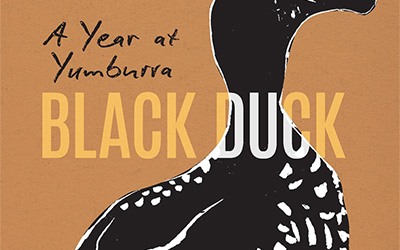
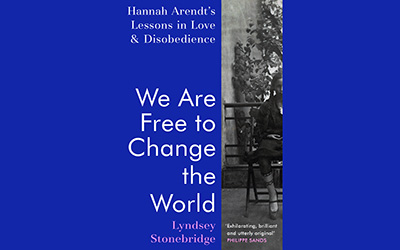
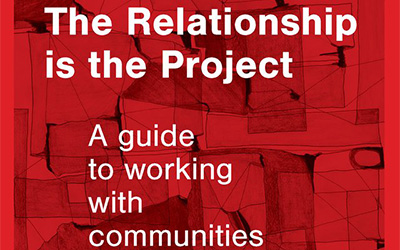
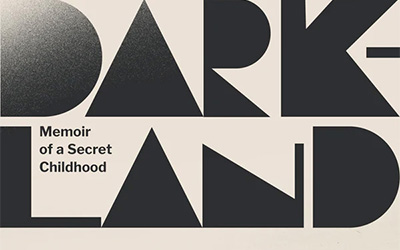
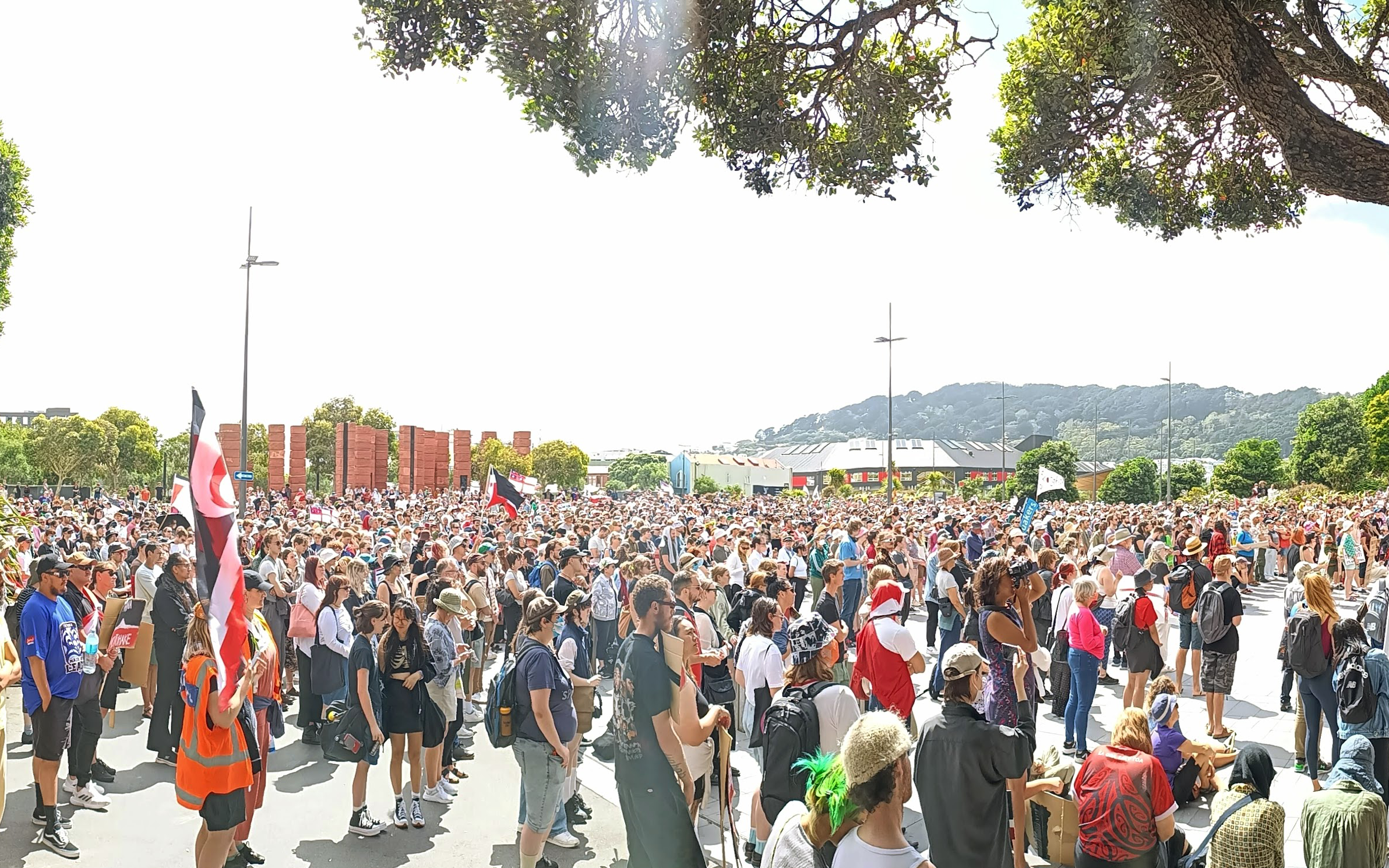
-FEAT.png)

